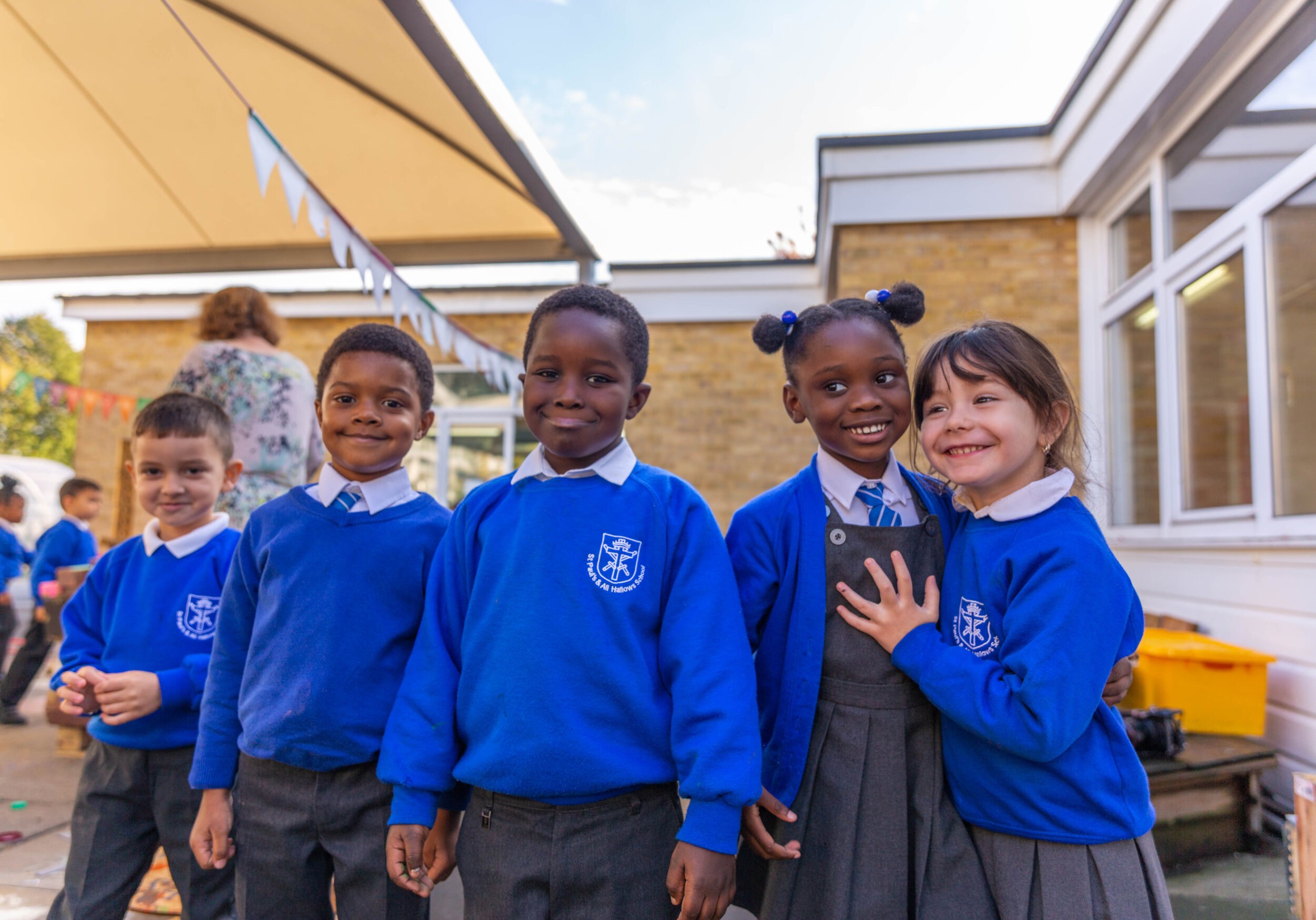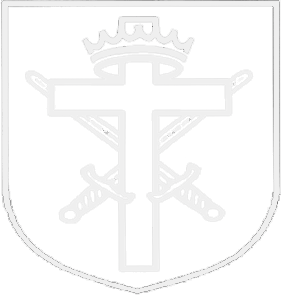
RSE
AIMS OF THE RELATIONSHIP & SEX EDUCATION PROGRAMME
The aim of the RSE curriculum is to enable children to develop feelings of self-respect, self-esteem, self-confidence, sympathy and empathy. Developing these skills will enable them to make informed choices about their lives and relationships now and in the future. RSE is rooted in the context of our school community; working in partnership with families, we generate an atmosphere in which students can ask questions and discuss matters without embarrassment and receive answers at a level appropriate to their development and understanding. Children will also know where they can access additional support and guidance on related issues.
The Relationship and Sex Education curriculum aims to form the fundamental building blocks and characteristics of positive relationships including:
Families and people who care for me
Caring friendships
Respectful relationships
Online relationships
Being safe
These areas of learning are taught within the context of family life taking care to ensure that there is no stigmatisation of children based on their home circumstances. Children understand that families can include single parent families, LGBTQ+ parents, families headed by grandparents, adoptive parents, foster parents/carers amongst other structures.
The Statutory Guidance for Relationships, Sex and Health Education may be found at here.
The Health Education curriculum aims to teach students about the importance of both physical health and mental wellbeing. This includes:
Mental wellbeing
Physical health and fitness
Internet safety and harms
Healthy eating
Drugs, alcohol and tobacco
Health and prevention
Basic first aid
Puberty and adolescence
OUR APPROACH
We encourage and support students to build positive relationships and develop their sense of self-respect and self-worth. This is done by acknowledging the value of each individual pupil and reflecting an understanding of the families that make up the SPAH community. We expect students to demonstrate respect and sensitivity towards others through their understanding of diversity and difference. Our approach considers students’ knowledge and awareness of the issues being addressed.
Modern life has created significant challenges for current generations of children and the RSE curriculum acknowledges the important part that school can play in preparing children to navigate their world. Forming positive relationships is a vital part of this process including the relationships that we build as a school with students and their families. pupils must also learn to take responsibility for their actions and understand the consequences of their choices now and into adulthood. They are supported to understand how to live life happily, safely and successfully through an awareness of mental and physical wellbeing. By preparing our children for their lives ahead, we are supporting pupils to reach their full potential.
STATUTORY REQUIREMENTS
The Relationships Education, Relationships and Sex Education and Health Education (England) Regulations 2019, made under sections 34 and 35 of the Children and Social Work Act 2017, make Relationships Education and Health Education compulsory for all pupils in primary education. The requirement on schools to protect against discrimination is laid out in the Equality Act 2010. No pupil can be withdrawn from the content of the Relationship Education and Health Education curricula.
Sex Education is not a legal requirement at the primary phase. However, content related to puberty forms part of the Health Education curriculum and reproduction is covered in the National Curriculum for Science, where there is a statutory requirement to cover. The SPAH Primary RSE curriculum has been created using best practice guidelines. Our curriculum includes some additional (non-statutory) lessons in Year 6 only to support children in their understanding.
CURRICULUM
To support our effective delivery in RSE and DATE we use the 'Christopher Winter Project' (CWP) planning and resources. These are supported with planning and resources from the PHSE Association. The CWP RSE and Curriculum Overview is outlined below.
Where the Relationship Education and Health Education curricula can be given context within another subject area, the topics may be taught in conjunction with other material. The table below sets out how content is taught across our school. The underlying rationale of the RSE curriculum is that the principles underpin all areas of the curriculum. Therefore, opportunities to discuss issues such as relationships, friendships or healthy lifestyles may arise in any subject from English or Science, PE or Computing. Teachers will explore potential challenges and coping strategies as children encounter them, in an age appropriate manner.
The RSE curriculum has also been designed to promote mental wellbeing and the development of personal attributes which match our school values.
THE RIGHT TO WITHDRAW FROM SEX EDUCATION
Families have the right to request that children will be excused from Sex Education lessons that go beyond the statutory content of the Science, Relationship Education and Health Education curriculum. To support families who have concerns, a meeting is held each year to give more information about the specific lessons and the resources used.
Requests from families of children to whom this applies, must be in writing and addressed to the Headteacher. The Statutory Guidance states that all requests at primary phase will automatically be accepted. Families will receive a written response from the Headteacher to confirm this is the case. Class teachers will work alongside families to make alternative arrangements in these circumstances.
At SPAH, parents have the right to withdraw children from one lesson in Year 6 only.
TEACHING AND LEARNING
Teachers use the resources that have been carefully selected to ensure that they are age appropriate and deliver the curriculum effectively. Approaches will vary with the materials to be used and the objectives of the lessons but will generally be pupil centred, interactive and involve discussion and group work.
Typically, the content of the RSE curriculum will be taught by class teachers in class or through assemblies. External agencies may also be used to bring additional expertise. In these situations, pupils will be prepared by their class teachers.
Lessons will not always be named as ‘RSE’. The RSE curriculum is embedded within the school’s wider curriculum and often taught within the broader curriculum. Issues and themes will frequently be identified by pupils as they are introduced to discussions in PSCHE lessons.
To support teachers in their role, training on the delivery of RSE is included in our professional development calendar.
SAFEGUARDING
All RSE discussions take place in a safe environment with clear ground rules laid out for all students and staff. Teachers should encourage all pupils to discuss their concerns with an appropriate adult. Teachers should make it clear to pupils the level of confidentiality that they can offer.
Due to the guidelines in the Safeguarding & Child Protection Policy, teachers cannot offer or guarantee absolute confidentiality:
Teachers need to be aware that effective RSE, which brings an understanding of what is, and what is not acceptable in a relationship, can lead to disclosure of a child protection issue. Pupils need to be reassured that their best interests will be maintained. This could lead to child protection action.
